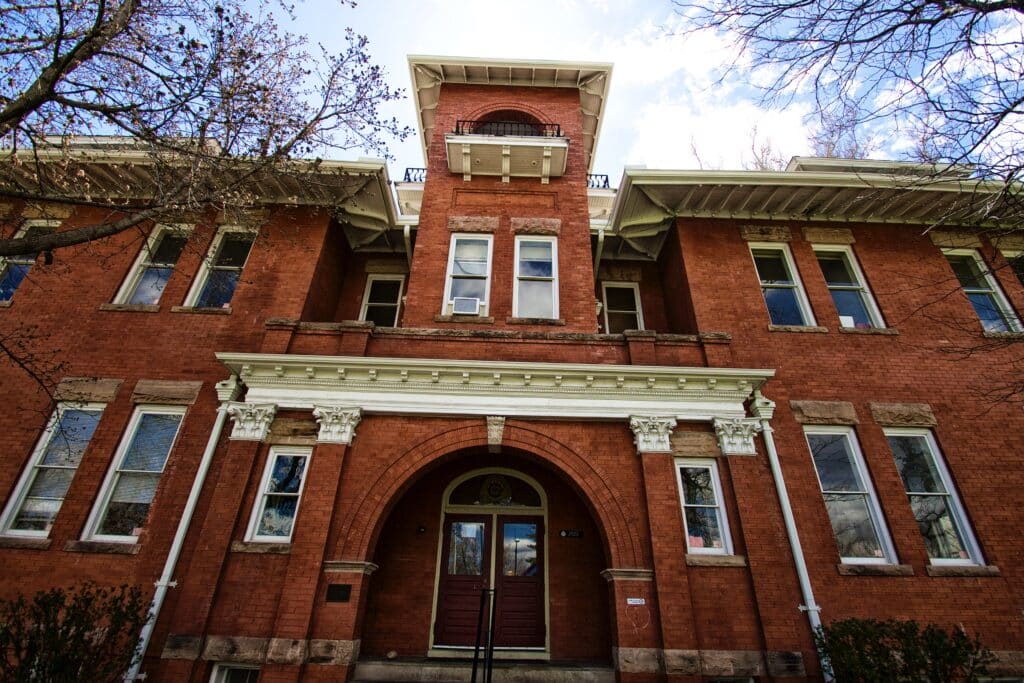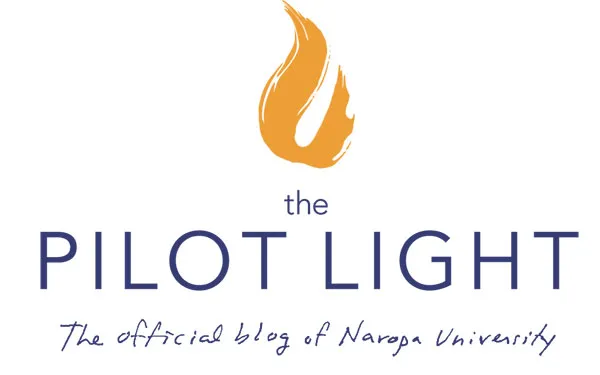
Today the United States Supreme Court issued a decision rejecting the use of racial identity as a factor in university admissions. The ability to use tools labeled as “affirmative action” to achieve diversity in a college’s student body has, for decades, been among the most important ways to address centuries of institutional racism which have left non-white students at the gate. While there are still ways to consider other “proxies” such as economic need to offer opportunities to Black, Native American, and Latinx applicants, the stark truth is that the Court has determined that the 400 years of historical oppression of those communities in the US is insufficiently violent so as to require that some level of reparation be allowed – in this case, a direct pathway to higher education.
Naropa could note this ruling and move on, as it doesn’t directly impact our admissions process. We are a university that many students find after unsatisfying experiences at other schools. Some chose not to apply after considering the amount of personal introspective work our faculty expect in addition to academic study. As a result, we admit a high percentage of those who ultimately apply, not because we don’t care about readiness to succeed here but significantly because of the high percentage of those potential applicants who self-select out of the admissions process.
Our challenge in achieving the diversity we aspire to is significantly driven by our lack of sufficient resources to support Black students through additional financial aid and by offering college readiness tools like pre-first year residential intensives, additional tutoring and other supports. I note all of this to acknowledge that young Black students so often received inadequate preparation – because of ongoing segregation in under resourced public schools, or from living in households that inherited a system of income disparity arising from an economic system where financial success and wealth accumulation by some has been tied to the deliberate oppression of others.
Affirmative action permitted resource-rich universities to elect to admit Black students to diversify the student body and to add the kinds of perspectives that so many white students have not been exposed to. But lest we treat such Black students as tools of learning like textbooks, the crucial importance of allowing race-conscious admissions is for a dominant culture to acknowledge a still unaddressed system of oppression and the critical need to offer Black students the ways to gain power and leverage that are in service of social and economic liberation. Not every member of a dominant culture is individually seeking domination or is overtly racist, so looking at diversity is not pitting individuals against each other but rather is recognizing inherited causes and effects that we each have the opportunity to transmute both personally and at the society level.
The Chief Justice cynically considers affirmative action as a means to “employ race in a negative manner”. That is the expected view of those whose race has always served them positively. Justice Ketanji Brown Jackson made the crystal-clear observation in her dissent that, “Deeming race irrelevant does not make it so…race still matters in the lived experiences of all Americans in innumerable ways and today’s ruling makes things worse, not better.”
As the first line of our Naropa Diversity Commitment says, “Our commitment to diversity aligns with our highest aspirations to apply contemplative inquiry and education to explore and embody the human qualities that will facilitate collaboration by differences to create common humanity and a just society.” There is nothing competitive here, but collaboration requires collaborators who bring the widest array of life experiences to our community. Our commitment to diversity is not a legal construct that has been knocked off its axis by the Supreme Court. It is an aspiration activated by wisdom, knowledge, compassion, and honest self-awareness, and not one that is subject to pronouncements by any Court.
Warm Wishes,
President
Chuck Lief


